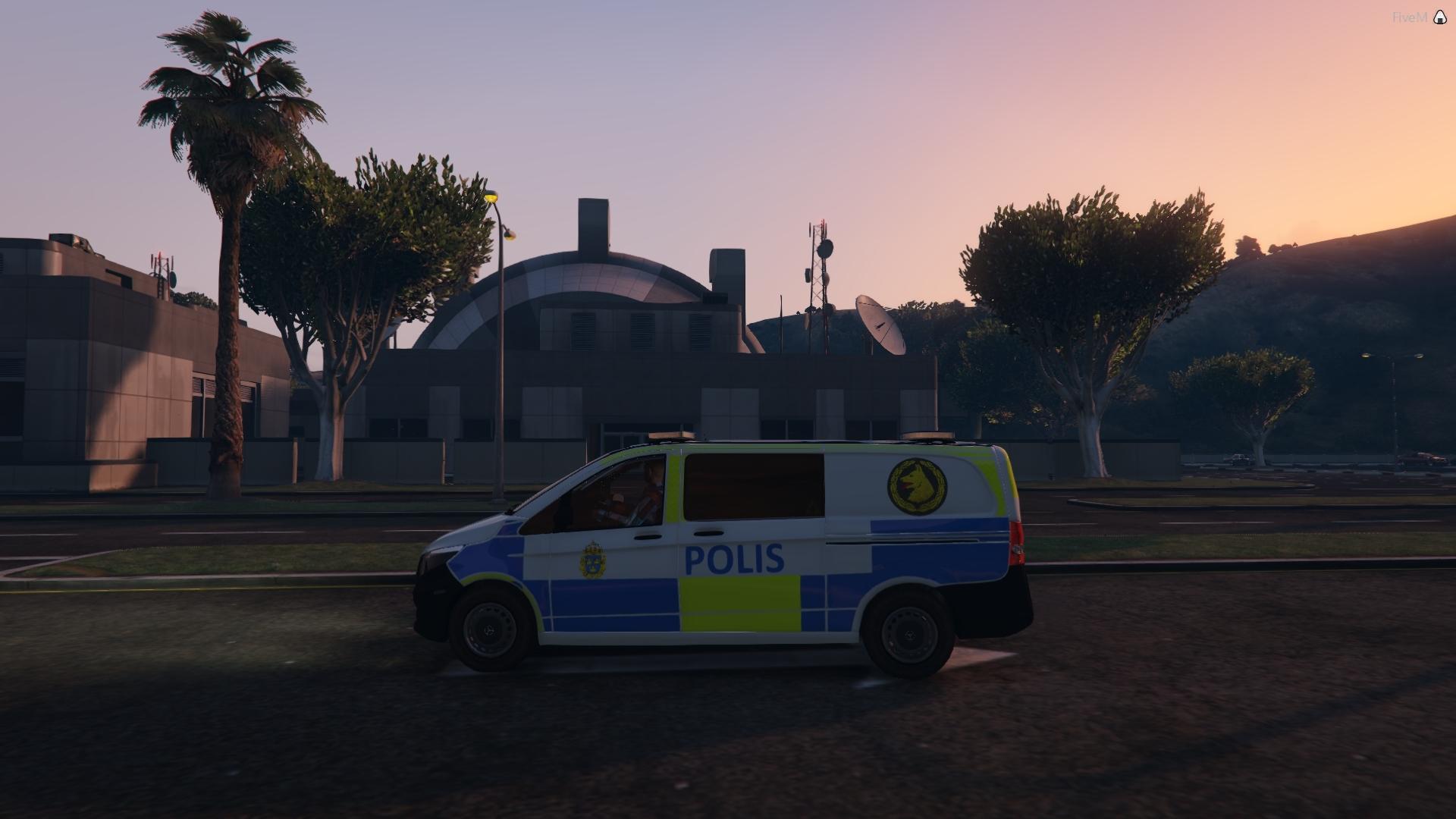
Surveys of officers suggest that they do not feel adequately trained to effectively respond to mental health crises, that mental health calls are very time-consuming and divert officers from other crime fighting activities, and that mental health providers are not very responsive ( Cooper, McLearen & Zapf, 2004 Vermette, Pinals & Appelbuam, 2005 Wells & Schafer, 2006). However, as mental health budgets are slashed, their role as gatekeepers to both the mental health and criminal justice systems is becoming increasingly important.Ĭalls involving persons experiencing mental health crises can be particularly problematic for police officers. resolving on the scene with no formal intervention) to is limited. Data on the numbers of people with serious mental illnesses that police are directing to services or providing informal disposition (e.g. However, the most recent estimates of the prevalence of serious mental illness in US jails are 14.5 percent for males and 31 percent for females ( Steadman, Deane, Borum, & Morrissey, 2009), suggesting that police are arresting sizable numbers. There is mixed evidence on whether police are more or less likely to arrest persons with mental illnesses than those without ( Engel & Silver, 2001 Teplin, 1984). The most recent available data, while now over a decade old, suggests that approximately 10% of all police contacts with the public involve persons with serious mental illnesses ( Deane, Steadman, Borum, Veysey, & Morrissey, 1999). We then discuss the role of mental health practitioners in working with law enforcement and more specifically, CIT programs, to improve the overall response to individuals experiencing mental health crises. In this article, we describe the CIT model and emerging evidence of its effectiveness. One of the core elements of the model is collaboration with community partners, including mental health providers ( Dupont, Cochran & Pillsbury, 2007). While there has not been enough research to date to declare CIT an “Evidence Based” practice, CIT has been called both a “Promising Practice” (International Association of Chiefs of Police, 2010) and a “Best Practice” model for law enforcement ( Thompson & Borum, 2006). One “front door” approach being implemented by police departments across the country, the Crisis Intervention Team (CIT) model, is designed to improve officers’ ability to safely intervene, link individuals to mental health services, and divert them from the criminal justice system when appropriate ( Compton, Broussard, Munetz, Oliva, & Watso, 2011) While mental health budgets are being slashed in many states, resources are being devoted to approaches intended to stem the flow of persons with serious mental illnesses into the front door of the criminal justice system, and for those who do enter the system, provide effective intervention in hopes of reducing future criminal justice system entanglement. Over the past few decades, the disproportionate involvement of persons with serious mental illnesses in the criminal justice system has captured the attention of academics, advocates, policy makers and practitioners ( Fisher, Silver & Wolff, 2006 Human Rights Watch, 2003). This primer for mental health practitioners serves as an introduction to a model that may already be utilized in their community or serve as a springboard for the development CIT programs where they do not currently exist. While this model has not undergone enough research to be deemed an Evidence-Based Practice, it has been successfully utilized in many law enforcement agencies worldwide and is considered a “Best Practice” model in law enforcement. We discuss the key elements of the CIT model, implementation and its related challenges, as well as variations of the model.

This article introduces the Crisis Intervention Team (CIT) Model as a collaborative approach to safely and effectively address the needs of persons with mental illnesses, link them to appropriate services, and divert them from the criminal justice system if appropriate.

As persons with mental illnesses and law enforcement become increasingly entangled, the collaboration of police and mental health service providers has become critical to appropriately serving the needs of individuals experiencing mental health crises.


 0 kommentar(er)
0 kommentar(er)
